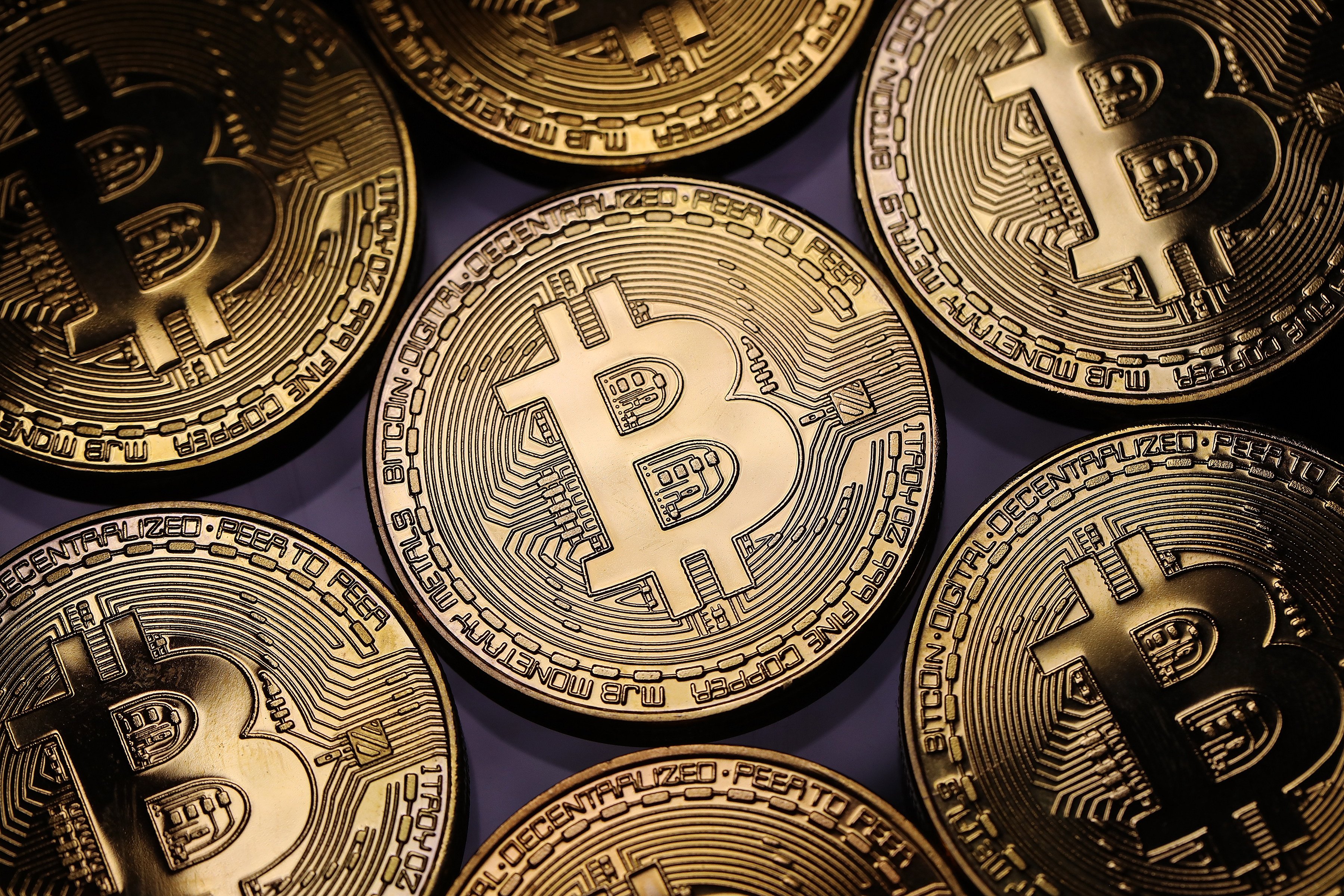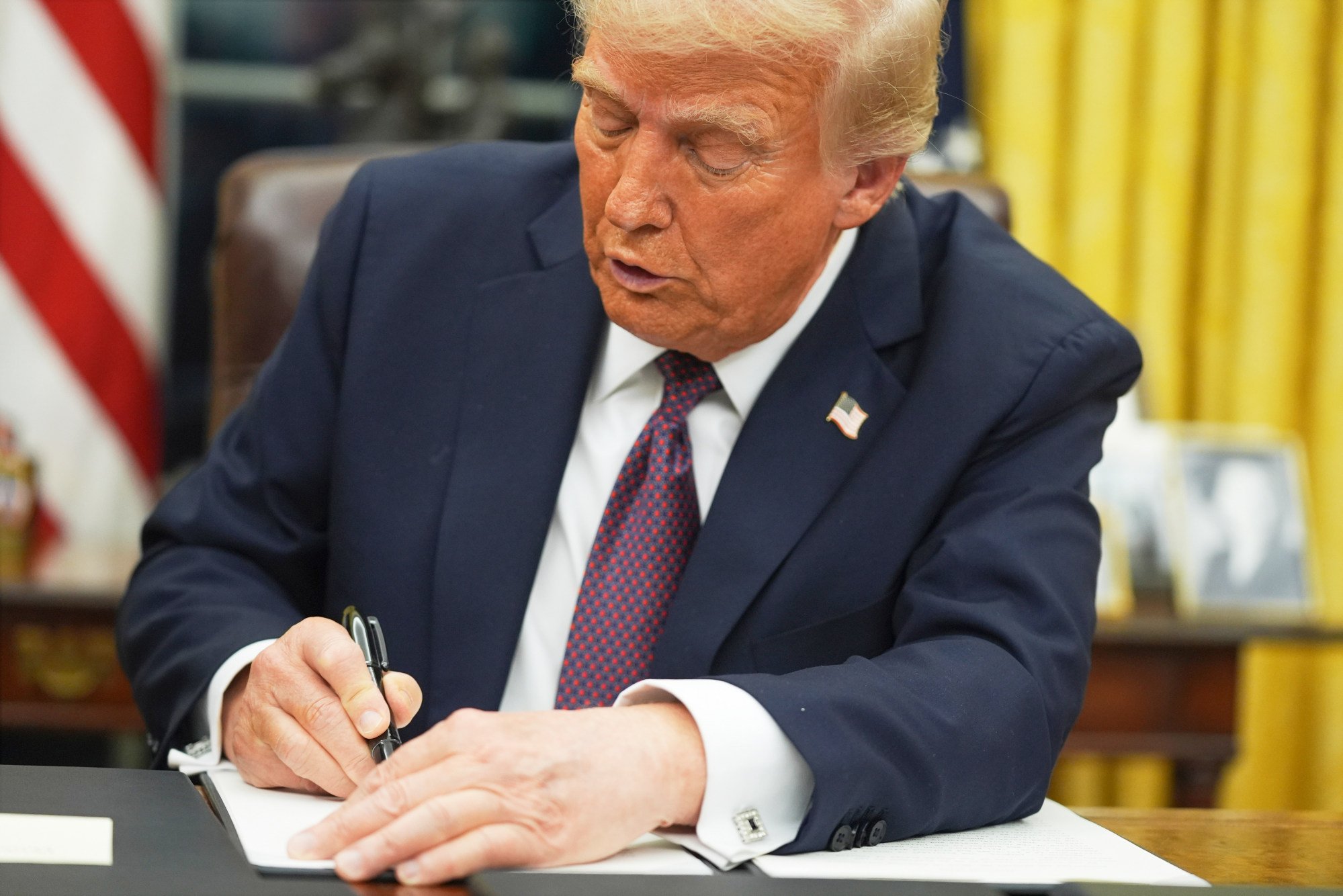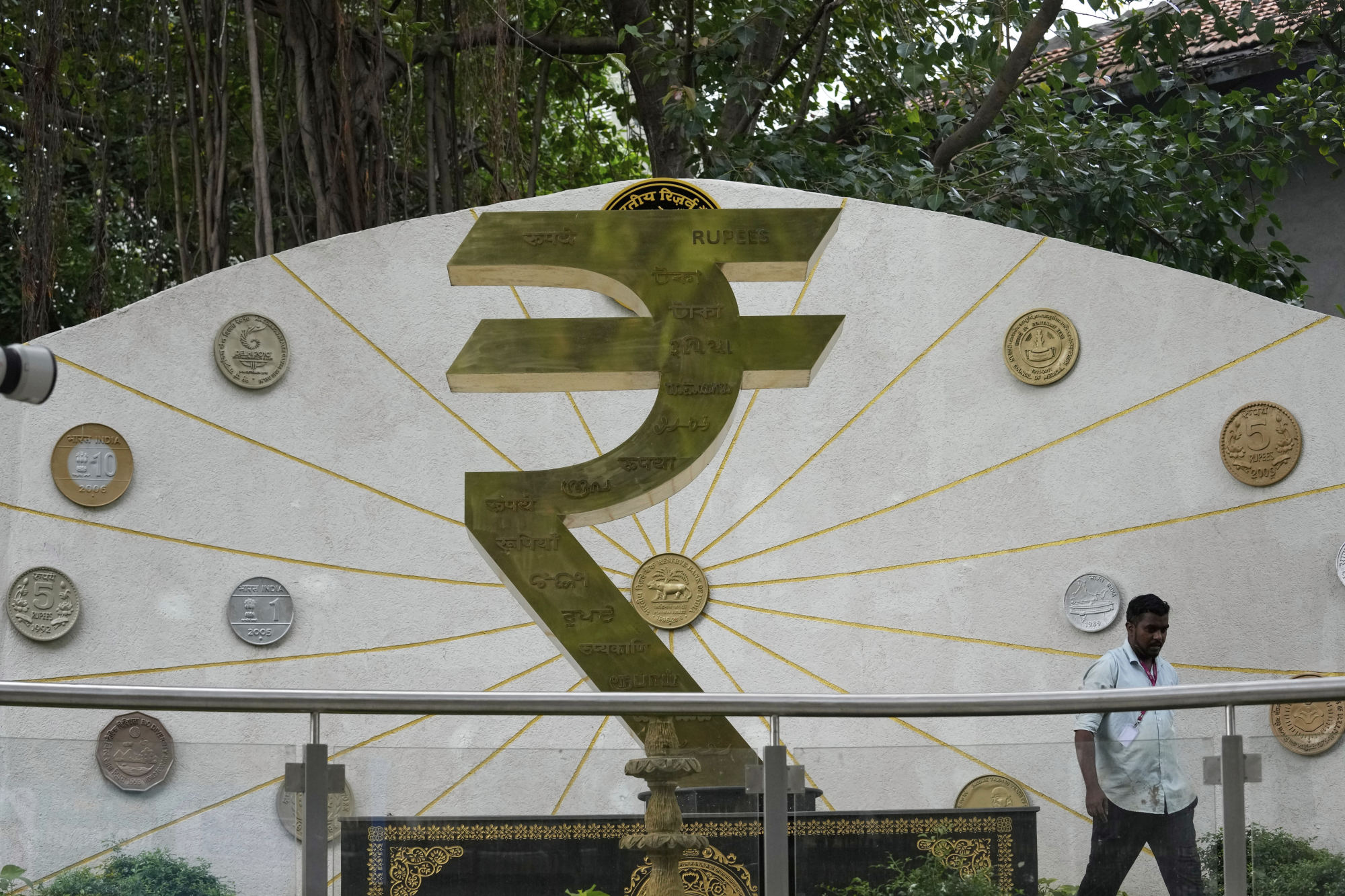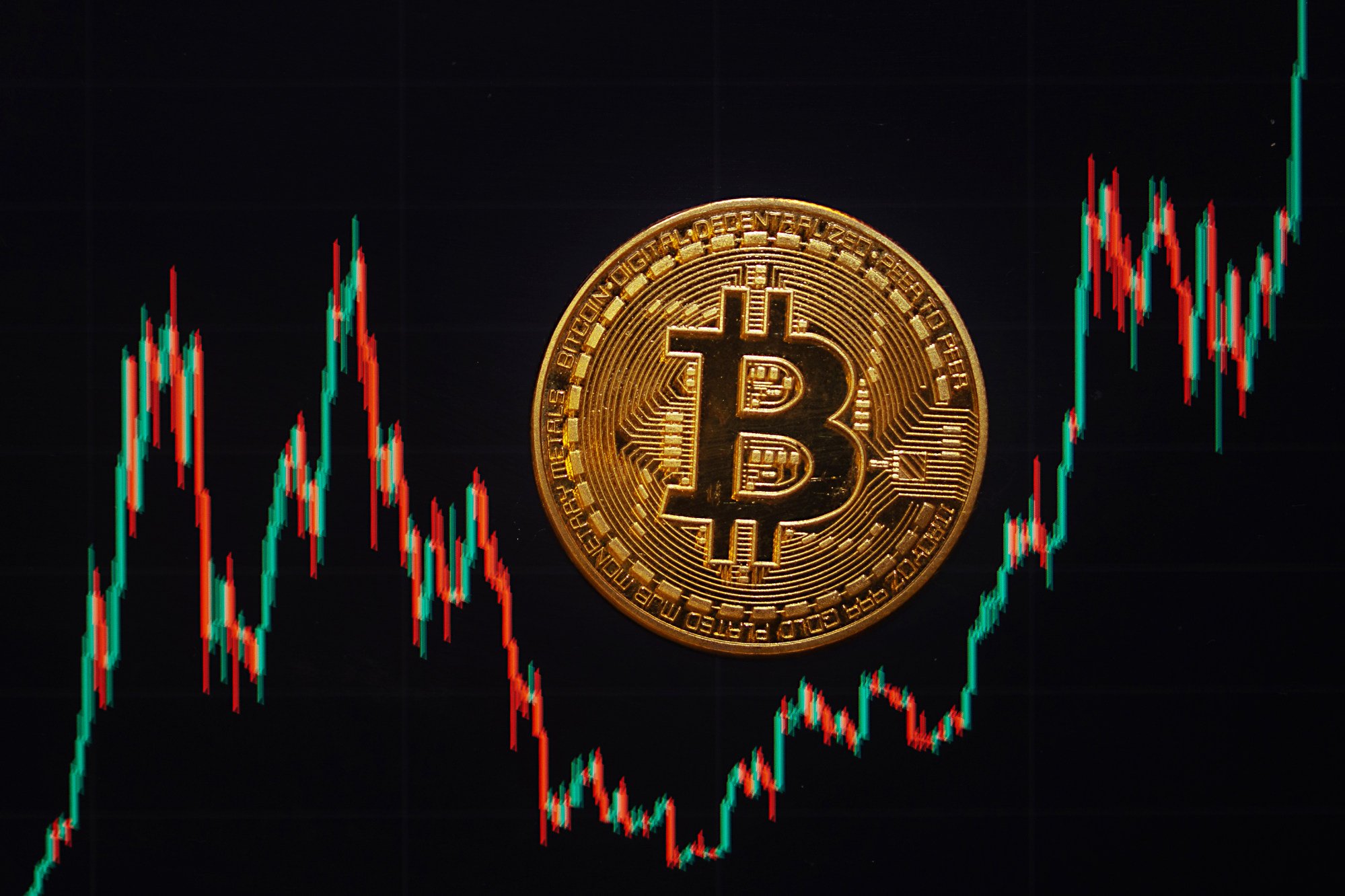Beyond gold: India sees America’s bitcoin reserve – and eyes its own
While a ‘measured bitcoin strategy’ could boost India’s economic resilience, the country lacks a proper framework for cryptocurrencies, analysts say

A call by a prominent member of India’s ruling Bharatiya Janata Party to establish a strategic bitcoin reserve for the country has stoked debate among digital finance experts over its feasibility.
Insisting that New Delhi had a “unique opportunity to lead” and pointing to trailblazers such as Bhutan, party spokesman Pradeep Bhandari drew attention to whether India’s rapidly growing economy would benefit from a “measured bitcoin strategy” which could strengthen economic resilience and project modernity.
United States President Donald Trump in March signed an executive order creating a Strategic Bitcoin Reserve out of digital tokens seized in criminal and civil forfeiture cases, rather than from the previous practice of selling them off.
Bitcoins have risen by 19 per cent year-to-date to US$111,086.90, helped partly by Trump’s favourable view of the cryptocurrency and his family’s heavy involvement in the industry despite dips in market sentiment over global trade tensions.
Bhandari highlighted in an article late last month that even Bhutan had set up a successful model to build up bitcoin reserves by using hydropower resources to mine the currency – an energy-intensive process that involves creating transaction blocks.
Rival Pakistan too has announced plans to create a sovereign bitcoin reserve powered by unused electricity to monetise its energy oversupply. It established a Pakistan Crypto Council (PCC) in February to set up a framework for investors and entrepreneurs.
A stablecoin firm that is majority-owned by the Trump Organisation signed a letter of intent with the PCC on April 26 to “accelerate blockchain innovation, stablecoin adoption and decentralised finance integration across Pakistan”.

Bitcoins are a form of digital money outside the control of any one person, group or entity, and have been compared to the modern-day equivalent of a traditional asset such as gold.
There exists only a finite number of 21 million bitcoins, which means that unlike assets such as currencies, stocks or bonds, it is not exposed to oversupply risks.
The International Monetary Fund has recently classified bitcoin as a capital asset, which sharpens the need for clear regulation and transparency in the emerging asset class, enabling responsible innovation, according to Bhandari.
Cryptocurrencies are currently unregulated in India. In 2020, the Supreme Court had lifted a ban on cryptocurrency imposed earlier by the country’s Reserve Bank of India (RBI), which had expressed concerns about its use in illegal transactions.
Indians have poured money into cryptocurrencies in recent years, despite the country’s having a tough regulatory stance and steep taxes on the instrument.
Unhandled type: inline-plus-widget {“type”:”inline-plus-widget”}
“In the long run, a bitcoin reserve could provide several strategic benefits for India,” said Anndy Lian, a Singapore-based intergovernmental blockchain adviser.
Such a reserve could serve as a hedge against inflation due to bitcoin’s fixed supply, help diversify the foreign reserves portfolio and potentially attract foreign investment by signalling India’s openness to innovative financial technologies, he said.
However, the country faces a steep path to establish a new financial reserve reserves framework.
“The feasibility of establishing a bitcoin reserve faces quite a few challenges due to India’s current regulatory environment. The country lacks a comprehensive legal framework for cryptocurrencies, despite imposing a 30 per cent tax on crypto profits and a 1 per cent Tax Deducted at Source on transactions,” Lian said.
“To make this viable, India would need to sort out its regulations, creating clear policies for managing a national bitcoin reserve.”

India’s tax structure might require adjustments in addition to developing a secure infrastructure for storing and managing bitcoin, Lian said, adding that it would also need to step up efforts to build public trust through education.
The nation could think of starting a pilot programme, potentially using seized bitcoin to test feasibility while regulations are refined, Lian said.
Raj Kapoor, chairman of India Blockchain Alliance, agreed the country needed to boost efforts to make the bitcoin reserve viable.
“It is a good proposal on paper, but it won’t be workable until we clear a few cobwebs. There is regulatory uncertainty and jurisdictional ambiguity on cryptocurrency in India,” he said.
With Pakistan appearing to have edged ahead with apparent support from the US and China, Kapoor said India needed to “address gaping holes. How are we talking of a bitcoin reserve without a policy on cryptocurrency in place?”.
One of the biggest obstacles for Delhi is the RBI resisting the widespread adoption of cryptocurrency, apparently stemming from concerns over whether it could dilute its oversight and control of the sovereign rupee currency, he said.
The country could consider a digital asset regulatory authority under the oversight of the central bank that could address any concerns, Kapoor said, noting the Securities and Exchange Board of India’s loose regulation of cryptocurrencies.
“You have to integrate a lot of things before we arrive at a national bitcoin reserve,” he said.

Leveraging strengths
Analysts note that India could also leverage its position as a global hub for information technology services to establish such a digital finance reserve.
Benjamin Grolimund, UAE general manager at Flipster, said introducing a bitcoin reserve for India would hinge upon both policy and infrastructure.
According to Grolimund, India has an advantage of having established a Unified Payment Interface – a real-time payment system which facilitates peer-to-peer payments and peer-to-merchant payments.
“But integrating bitcoin into national reserves will demand more – including secure custody, audit and transparency measures,” he said, adding that controls would also be needed for managing them as sovereign assets.
Grolimund said a national bitcoin reserve established together with a clear policy framework would signal “India’s readiness to play a leading role in shaping the global digital asset landscape”.
He warned, however, of sending “mixed signals” should the government support bitcoin at the state level while limiting access for individuals.
“If Bhandari’s proposal serves as a gateway to broader regulatory clarity and retail adoption, the short-term inconsistency may be a necessary step in India’s evolution,” he said. “The country has already proven its strength in building world-class digital public infrastructure and pioneering fintech models.”